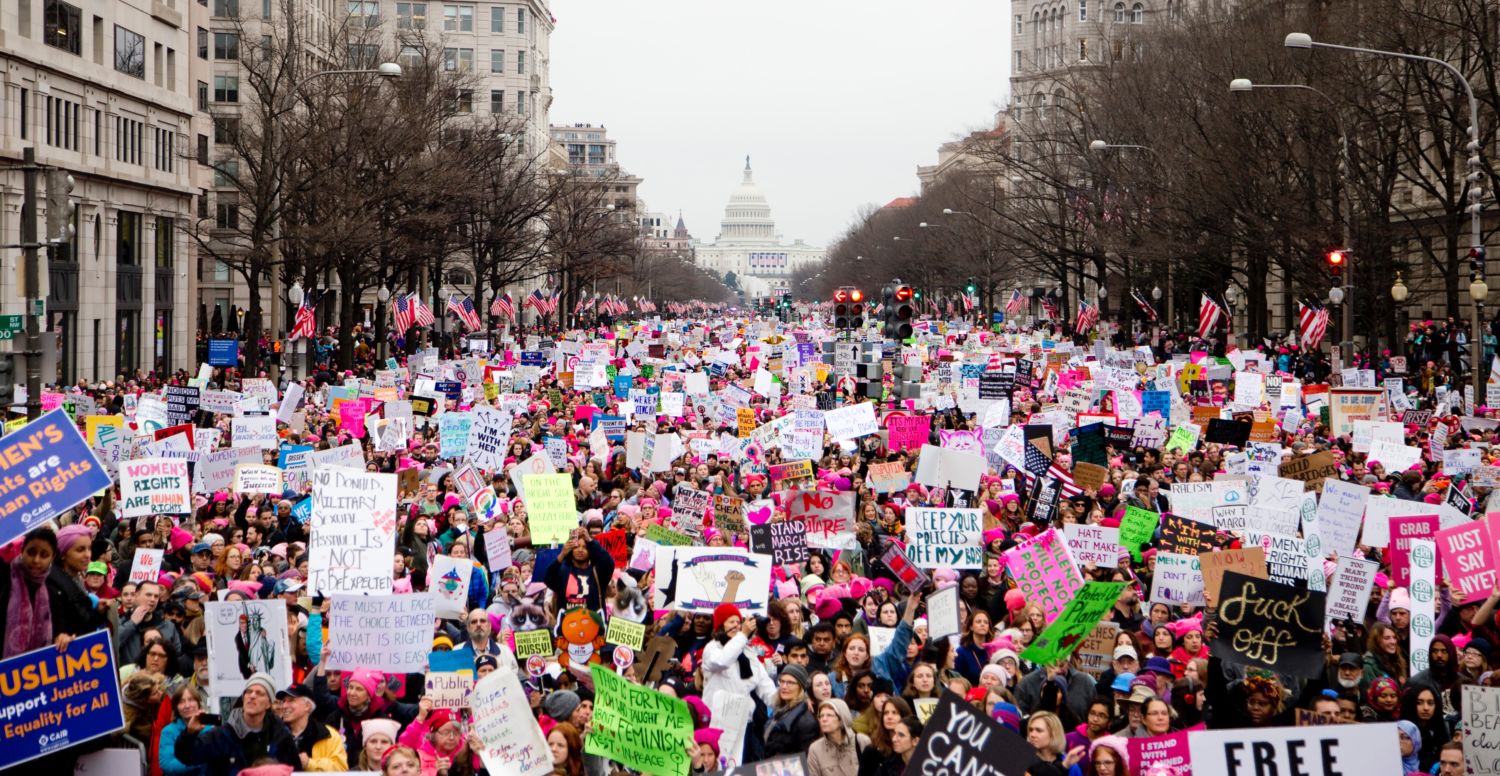5 Social Movements that Shaped This Decade
Why It Matters
We’re fast reaching 2020, and with it comes the final decade for us to achieve the UN Sustainable Development Goals. Looking back over the years, what were the social movements that drove the most impact globally — and what can Canada learn from them?

Canada is facing an urgent climate crisis, growing wealth inequality, homelessness, food insecurity — the list goes on. There are groups out there fighting hard to make a difference for the future.
Recently, Direct Diplomacy published a report on citizen campaigns, and in particular their impact in the digital era. The report looked into what motivates citizens to act and participate in social movements, and what encourages their continued participation in order to achieve both impact and longevity.
As this decade draws to a close, we’re looking back at the many social movements that shaped Canada in the 2010s — from advocating for the environment to protesting systemic inequality.
Here’s five movements that shaped this decade of impact, and what we can learn from each of them.
FRIDAYS FOR FUTURE
This movement began with Greta Thunberg in August 2018, when she began skipping school on Fridays to protest the lack of action being taken for climate change. Just three months later, Fridays for Future made it to Canada, with a handful of youth staging protests in public.
By September 2019, Fridays for Future had been honoured by Amnesty International and there were over 1,000,000 Canadians participating in climate strikes across 245 communities. Today, thousands of youth across the world protest every Friday to demand more urgent action to be taken by governments and the international community to address the current climate emergency.
As we head into the 2020s, we should be listening more closely to what youth are saying — there’s a lot to be learnt.
BLACK LIVES MATTER
Black Lives Matter (BLM) is a global network with member-led chapters, committed to creating a world where every Black person has the social, economic, and political power to thrive, building local power to ‘intervene in violence inflicted on Black communities’. The group speaks out against issues like the racial inequity of the criminal justice system, racial profiling, and police brutality.
The hashtag #BlackLivesMatter went viral in 2013, and is the first example of the use of social media to spark mass mobilization, lead the way for other movements like #MeToo, #TimesUp and #NeverAgain. Today, BLM’s impact can be felt through initiatives like Alicia Garza’s Black Census Project, the largest national survey focusing on U.S. black lives in over 150 years.
Going into 2020, BLM has released a statement saying it will defend against disinformation, empowering their over one million social media followers to support the organization in identifying and taking down fake accounts and bots that manipulate their messaging.
#MeToo
‘Me Too’ was first founded in 2006 to support survivors of sexual violence, particularly women of colour and women from low-wealth communities. The mission of the movement was to build a community of advocates creating solutions to stop sexual violence in their neighbourhoods.
In October 2017, the hashtag #MeToo went viral, making international headlines as women shared their stories of sexual assault and harassment. What had begun as a grassroots movement in New York quickly spread to become a global community, with women from all walks of life destigmatizing the issue.
For Canada, #MeToo and this kind of destigmatization brought about significant changes, such as a notable increase in demand for Canada’s sexual violence support services.
Looking into 2020, the movement will be going strong, with a #MeToo policy revolution that has already resulted in an 80% increase in the number of sexual harassment bills introduced in states across the US. We will see many of these come into law by 2020, ‘transforming workplaces nationwide’.
IDLE NO MORE
Idle No More started in 2012 as a series of teach-ins in Saskatchewan, protesting parliamentary bills that eroded ‘Indigenous sovereignty and environmental protection’ — Harper’s Bill C-45. Activists argued that the bill made it easier for the government and businesses to advance on projects like pipelines without proper environmental assessments or consultation with the Indigenous community.
Since 2012, Idle No More has become one of the largest Indigenous movements in Canada. Moving into the next decade, we can expect to see this group’s continued support of environmental protests and rallies for Indigenous rights, such as the October 2019 protest outside Vancouver Art Gallery by Musqueam land protector Audrey Siegl.
WOMEN’S MARCH
The 2017 Women’s March on Washington was the largest single-day protest in US history, held the day after Trump’s inauguration, with approximately 3 million total marchers across the country. The first protest in Washington saw over 100 speakers, artists and musical performers.
Since then, Women’s March Inc. invested in numerous programs, such as the 2017 Women’s Convention — a skill-building conference for new grassroots leaders. Today, Women’s March Inc. continues to provide resources and intersectional education, creating outreach programs and events to allow for grassroots communities to flourish across countries.
There’s a lot of critical work ahead of us if we’re going to take meaningful, sustained action to achieve the UN’s Sustainable Development Goals by 2030. The social movements above are committed to making lasting change — and their impact will continue to be felt as we step into the next decade.

